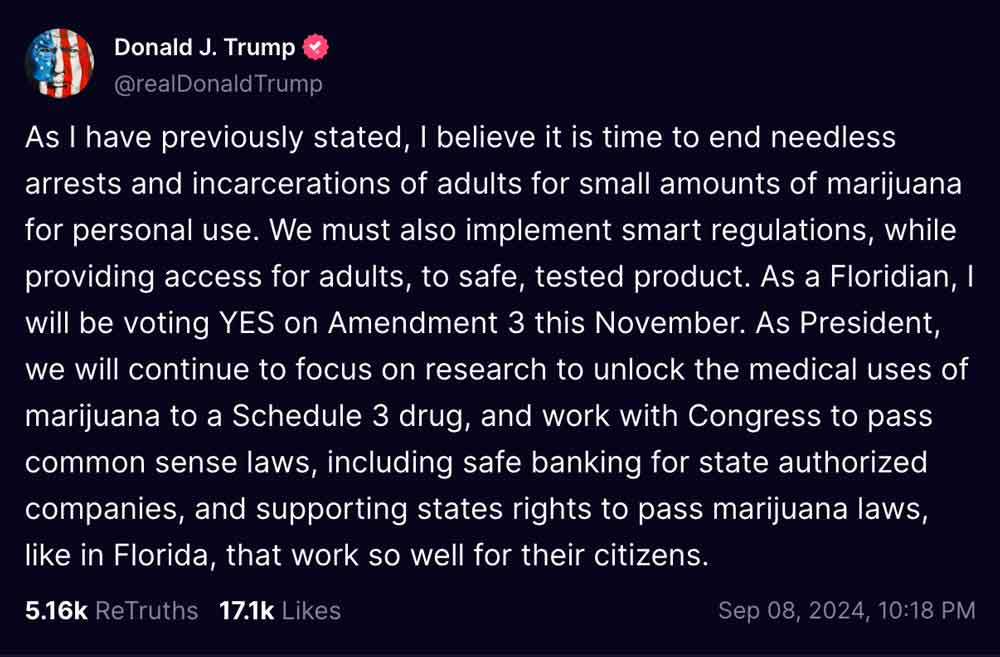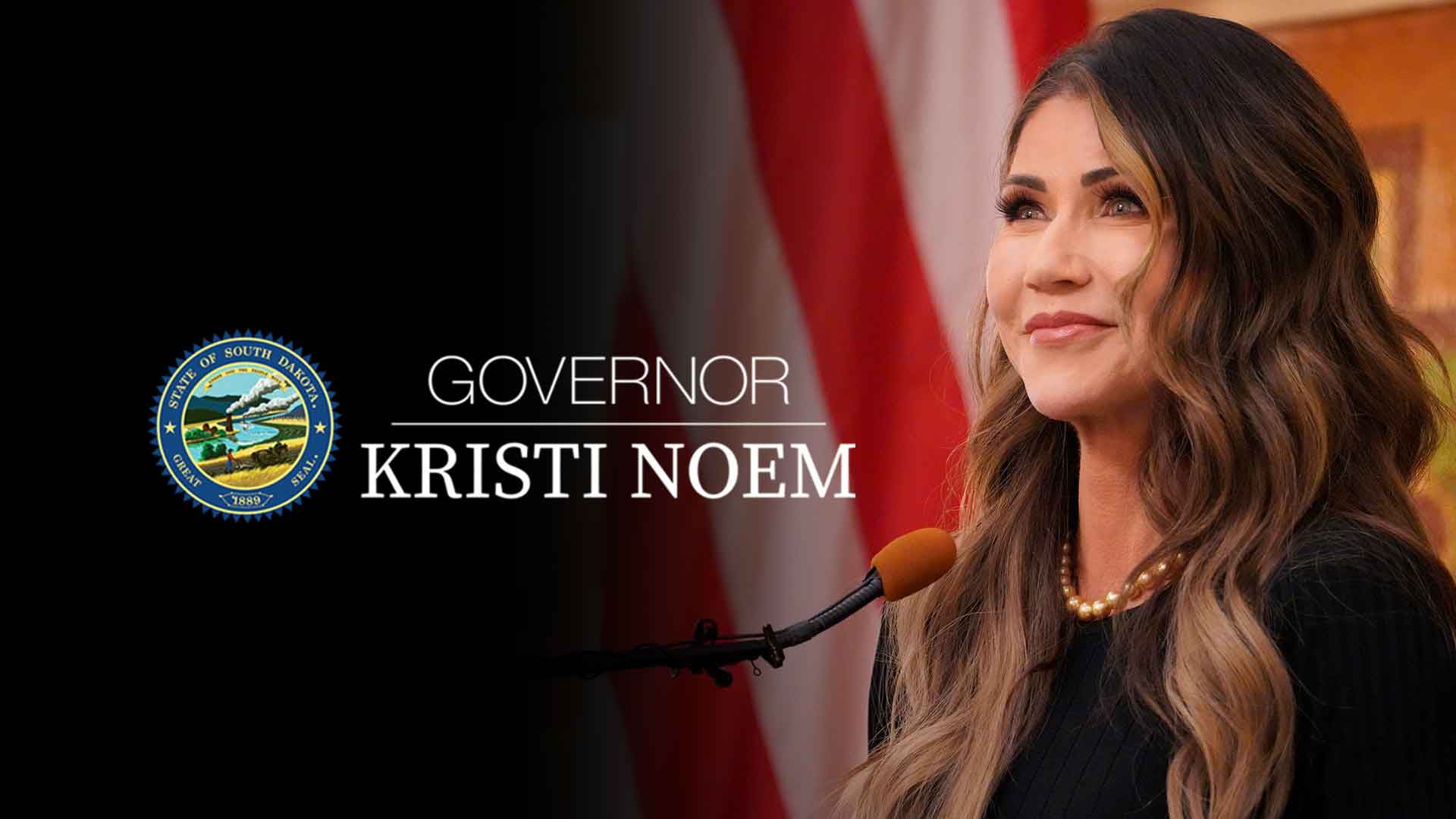(Since we’re going to start voting absentee by the end of the week, I wanted to pass on how we’re looking at the ballot measures, and to encourage your participation and your vote. And to provide input on viewpoints and information that you might consider as you think for yourself, and evaluate what you intend to do as you walk into the voting booth. – pp)
Initiated Measure 29: Legalization passed in 2020, and industry has matured with strong legislative oversight. There’s no reason to stop going.
Title: An Initiated Measure Legalizing the Recreational Use, Possession, and Distribution of Marijuana.
Attorney General Explanation: This initiated measure allows individuals 21 years of age or older to possess, grow, ingest, and distribute marijuana or marijuana paraphernalia. Individuals may possess up to two ounces of marijuana in a form other than marijuana concentrate or other marijuana products. Individuals may possess up to six marijuana plants with no more than twelve plants per household. The measure also places limits on the possession of other forms of marijuana and marijuana products.
Under the measure, the possession, ingestion, and distribution of marijuana and marijuana paraphernalia remains illegal for individuals under the age of 21. Driving under the influence of marijuana remains illegal.
The measure restricts where individuals may possess or consume marijuana, such as schools or where tobacco is prohibited.
The measure allows employers to restrict an employee’s use of marijuana. Property owners may also regulate the use of marijuana on their property.
The measure does not affect State laws dealing with hemp. It also does not change laws concerning the State’s medical marijuana program.
The measure legalizes marijuana-derived substances considered felony controlled substances under State law. Marijuana remains illegal under federal law.
Judicial or legislative clarification of this measure may be necessary.
Fiscal Note: The state and municipalities would collect minimal additional sales tax revenue, as the measure would not decriminalize the sale of cannabis but would decriminalize the sale of cannabis accessories. Counties could see incarceration expenses reduced by $581,556 every year.
Vote “Yes” to adopt the initiated measure.
Vote “No” to leave South Dakota law as it is.
In 2020, Voters passed an amendment to the state constitution, winning by 54% that would have legalized recreational marijuana use. But, that vote at the ballot box found itself stymied by the single subject rule in court, overturning the will of the voters in 2021. There are those in South Dakota who continue to fight it, but popular opinion is not on their side.
In June, the Associated Press in June laid out the measure and part of the national landscape:
Twenty-four states have legalized recreational marijuana. Ohio voters did so most recently, in November 2023. Florida voters will also vote on the issue this fall. And other efforts are ongoing in other states, including North Dakota.
The South Dakota measure would legalize recreational marijuana for people 21 and older. The proposal has possession limits of 2 ounces of marijuana in a form other than concentrated cannabis or cannabis products. The measure also allows cultivation of plants, with restrictions. Measure backers plan to work with the Legislature to implement business licensing, tax and other regulations, if successful.
Read that here.
Popular nationally. Popular in South Dakota. And then there’s a more recent development:
President Trump himself, the flag-bearer for the Republican Party, has directly come out and said “We must also implement smart regulations, while providing access for adults, to safe, tested product” and that he will support “states rights to pass marijuana laws, like in Florida, that work so well for their citizens.“
In other words, if you support and follow former President Trump, that’s how he’s voting. And that might bring a lot of people in South Dakota with him. Are you a Democrat? President Biden has also made overtures in that direction, but has not gone as far as President Trump.
As I mentioned, the industry has matured. We’ve transitioned from the days of people seeking any and every crazy regulation to open up it’s use, and moved over to a somewhat controlled medical marijuana industry. Which, while it has not been without it’s own bumps in the road, they have not caused the world to end in it’s implementation. Any problems have been addressed. We’ve moved past the time of people wanting it legalized period with no barriers, to a time when it’s legal within a framework and tightly controlled and regulated like alcohol.
Honestly, I think we hear less about that industry than people having problems with alcohol.
It has sprouted into a small but growing industry on the medical side. It has been very tightly controlled and monitored, and the earth has not stopped revolving. They have given no reason why they should not be given the opportunity to expand the industry. Given the chance, they have been reasonable and trustworthy.
What about the opposition? Well, the organized moral opposition group has shown themselves to be somewhat slimy, as they diverted money from the ballot initiative side to engage in primary election races when they refiled as a PAC for a period of time, and used money – including that donated by nuns – to put into races where they worked against candidates who had supported them.
People we might have given a side-eye to in years proving themselves trustworthy. And those who claim to be morally righteous turning out to be less than so. (Sounds like a movie plot). It makes it much easier to give grace and consideration to those we might not have given it to in the past. Despite fighting it in the past, I think they and the state have done a good job to date, and we can give ourselves permission to trust.
The industry has had a good start, and regulation has worked. Unless you are a strict prohibitionist, it is ok to vote for Initiated Measure 29, because it is going to pass in 2024 with popular support, including that of President Trump.



